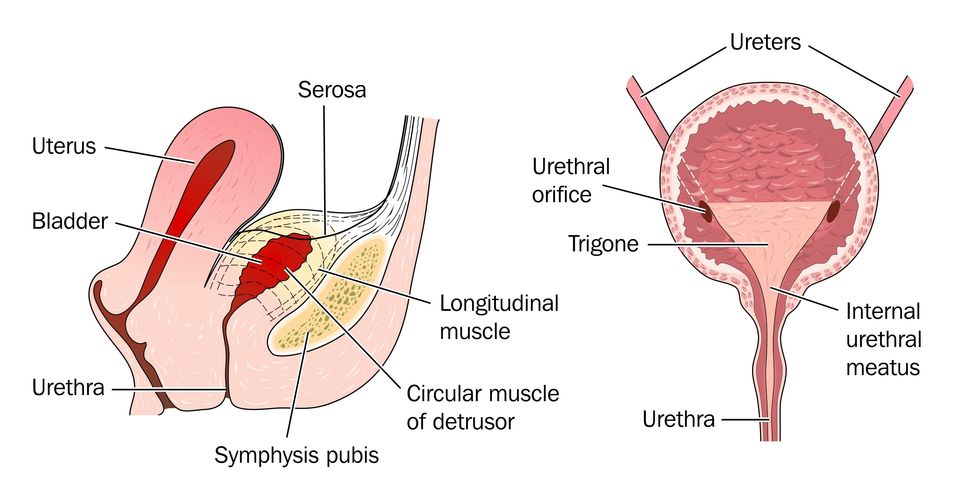What You Need to Know about Urge Incontinence
When you suffer from urge incontinence, coughing, sneezing, running or even sleeping can bring on a sudden urge to urinate. Dr. J. Kyle Mathews understands the sensitive nature of this women’s health issue. Receiving a diagnosis and a straightforward diagnostic plan can lift the enormous burden of living with urge incontinence.
With urge incontinence, abnormal bladder contractions disrupt normal voiding patterns, causing you to ask:
- Will I have time to make it to the bathroom?
- Why am I getting up so often at night to urinate?
- What if others find out I have bladder incontinence?
- Why can’t I live my life without fear of a bladder accident?
These questions plague the 33 million Americans suffering from urge incontinence or voiding dysfunction. Dr. J. Kyle Mathews offers hope for relief from symptoms so that you can enjoy a better quality of life.
Urge incontinence affects over 33 million Americans. That’s about 1 in every 6 adults.
In fact, overactive bladder, or OAB, and painful bladder syndromes such as interstitial cystitis are more common than adult onset diabetes.
[do action=”text-box-right-aligned”]“Urgency incontinence can consume your life limiting your freedom and independence.”
–J. Kyle Mathews, M.D.[/do]
What Causes Urgency Incontinence?
The nervous system and lower urinary tract control the storing and releasing of urine. When the nervous system senses that the bladder is nearing capacity, it signals the brain, which then instructs the bladder wall muscle to contract and the sphincter muscle to relax.
Lapses in nervous system function and/or anatomical issues, such as bladder irritation, can cause urgency incontinence to occur.
This diagram shows the bladder, sphincter and pelvic region so that you can better understand the anatomy involved with urge incontinence:
The underlying causes for overactive bladder create that uncomfortable and urgent need to visit the bathroom. The syndrome or disease responsible for your urgency incontinence may be one or more of the following:
- Urinary tract infection
- Bladder cancer
- Bladder stones
- Overactive urinary bladder muscle
- Menopause
- Bladder and/or urethral irritants
- Pelvic organ prolapse (POP)
- Medications such as diuretics
- Neurological diseases such as multiple sclerosis
- Interstitial cystitis (IC)
- Spinal cord injuries
- Idiopathic, or unknown causes
Diagnosing Urgency Incontinence>>












